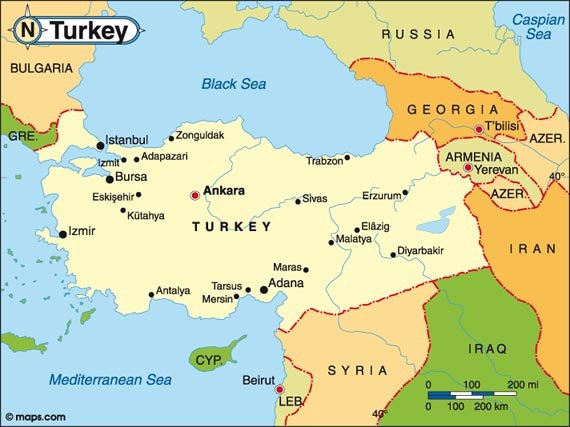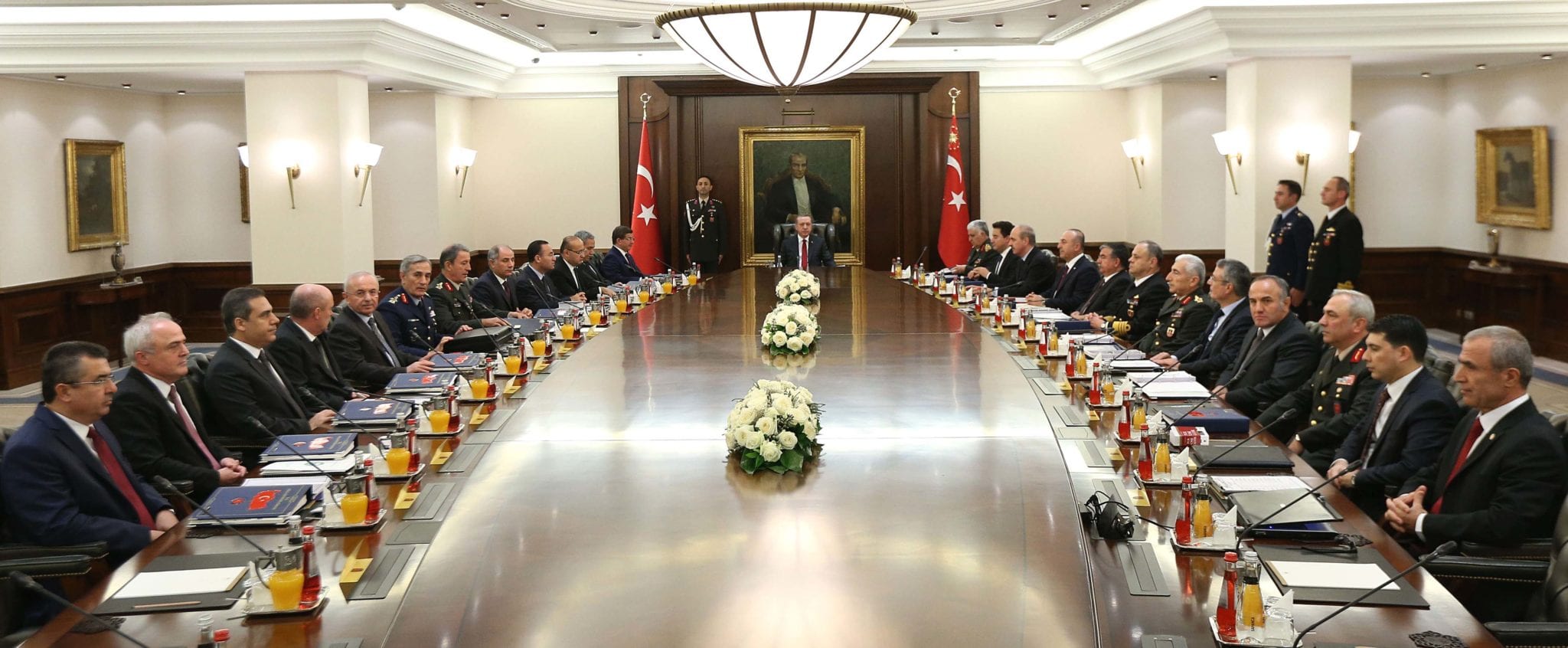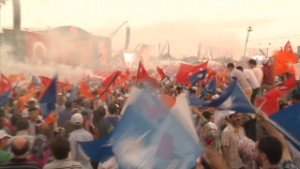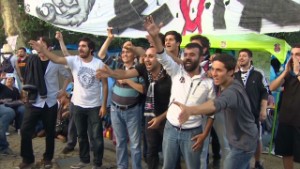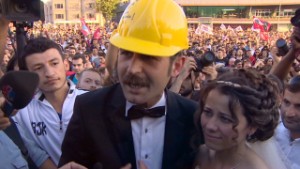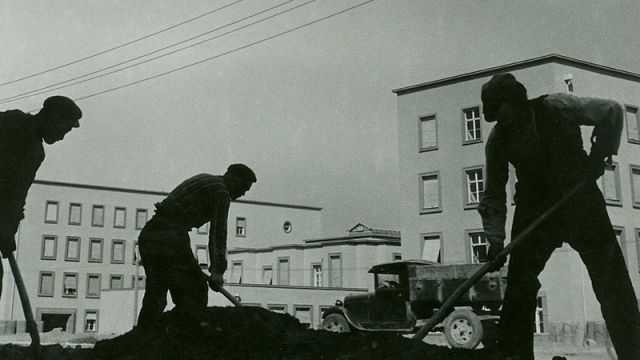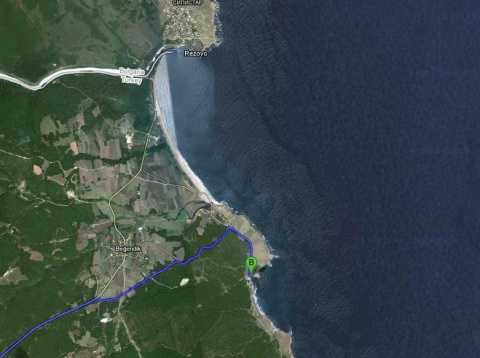 ISTANBUL, Turkey (CNN) — Twitter has been the scene of a bizarre Turkish hashtag war between the mayor of Ankara and, well, a lot of other social networkers.
ISTANBUL, Turkey (CNN) — Twitter has been the scene of a bizarre Turkish hashtag war between the mayor of Ankara and, well, a lot of other social networkers.
The drama began Sunday when Ibrahim Melih Gokcek, the man who has been mayor of Turkey’s capital for more than a decade, accused a reporter from the BBC’s Turkish service of being a foreign agent.
“Who is @selingirit? BBC’s reporter in Turkey,” Gokcek wrote in a series of English-language tweets.
“Led by England, they are trying to collapse our economy via agents hired, both nationally and internationally. They are dreaming for Turkey to be the ‘Sick man of Europe’ once again. Here is a concrete proof.”
The BBC issued a statement Monday expressing concern about what it described as threats issued by Turkish officials against a BBC correspondent.
Photos: Demonstrations in Turkey
Protest in Turkey continue
Turkey’s football fans join protest
A wedding amid the tear gas in Turkey
Gokcek is an elected official from the Justice and Development Party, or AKP, which is led by Prime Minister Recep Tayyip Erdogan. Since an unprecedented explosion of street protests against Erdogan erupted more than three weeks ago, the prime minister and his deputies have accused demonstrators of being terrorists and vandals organized by an alleged shadowy foreign conspiracy Erdogan has labeled “the interest lobby.”
Gokcek appeared determined to prove this Sunday via Twitter.
Shortly after accusing Girit of being a spy, he announced the creation of the Turkish hashtag #INGILTEREADINAAJANLIKYAPMASELINGIRIT, which translates roughly to “Don’t be a spy in the name of England Selin Girit.”
Then, the mayor of Ankara launched a campaign to make the hashtag one of Twitter’s worldwide trends.
For the next several hours, he cheered on his followers as the accusation gained online traction with messages like “Keep going Turkiye. Our Hash Tag is ranked 2th. Must place to number 1. This will be our answer to BBC.”
Within hours, the mayor’s Twitter campaign appeared to have backfired.
Online opponents began mobilizing their own hashtag in response to the mayor of Ankara.
They began retweeting the hashtag #provokatormelihgokçek (Melih Gokcek is a provocateur).
By Sunday night in Turkey, #provokatormelihgokcek had replaced the mayor’s hashtag attacking Girit on Twitter’s list of world-wide trends.
Gokcek responded by threatening anyone in the world who retweeted the provocateur hashtag with legal action.
“My lawyer is going to sue everyone one by one who tweets #ProvokatorMelihGokcek No one can get away with anything because Turkey is a country of law,” the mayor of Ankara announced on Twitter Sunday night.
As of 10am in Istanbul Monday, the #provokatormelihgokcek hashtag was ranked as the second most popular worldwide trend on Twitter.
The BBC issued a statement expressing concern about what it called “the continued campaign of the Turkish authorities to discredit the BBC and intimidate its journalists.”
“A large number of threatening messages have been sent to one of our reporters, who was named and attacked on social media by the Mayor of Ankara,” wrote Peter Horrocks, Global News Director of the BBC.
Horrocks maintained that BBC reporters were committed to providing “impartial and independent journalism.” He called on the Turkish government to use “proper channels” to make comments and complaints to the organization.
For the last several years, press freedoms organizations have published a number of reports expressing alarm about the Turkish government’s record of jailing journalists.
“The government of Prime Minister Recep Tayyip Erdogan has waged one of the world’s biggest crackdowns on press freedom in recent history,” wrote the Committee to Protect Journalists in a 2012 report. Reporters Without Borders has labeled Turkey among the world’s worst jailers of journalists, since scores of media workers are currently in prison, many of them awaiting trial on terrorism-related charges.
